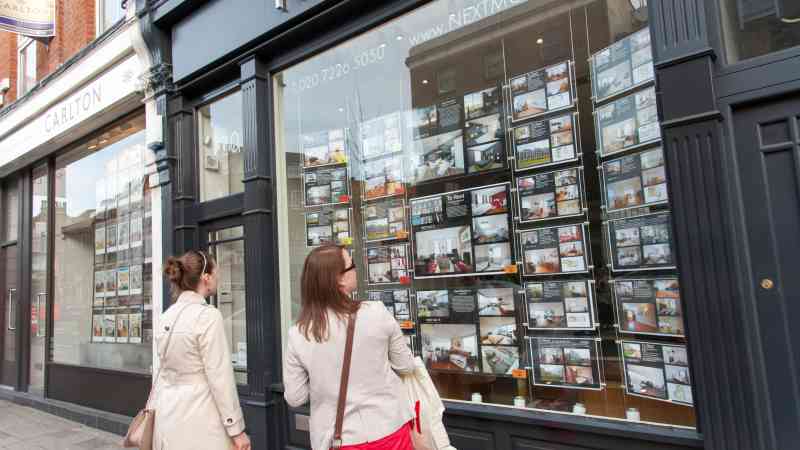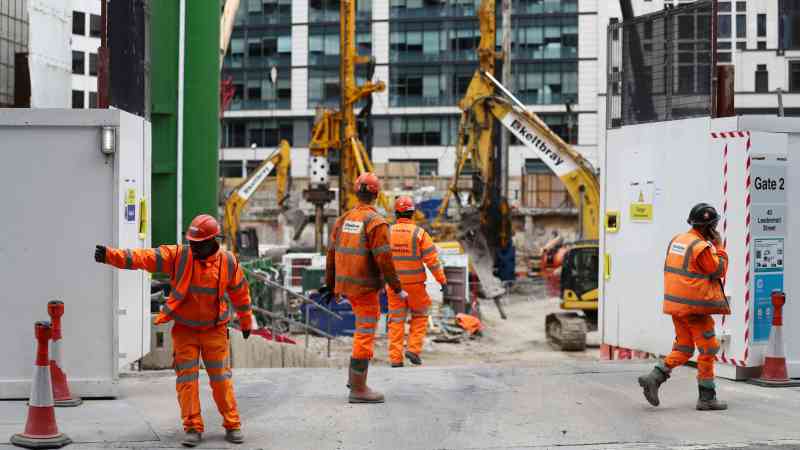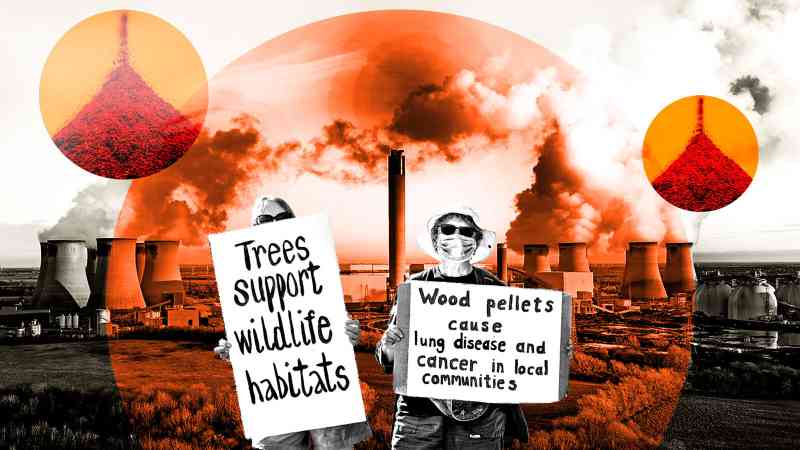House prices rising faster over past year
Annual house prices have risen for a fifth month in a row in August, according to figures published by Nationwide.
Average prices have increased by 2.4 per cent year-on-year, the fastest pace since December 2022, the mortgage lender said. Month-on-month, however, prices dipped unexpectedly by 0.2 per cent. Economists had forecast a 0.2 per cent rise.
Robert Gardner, Nationwide’s chief economist, said the market was showing resilience, given that house prices remained high relative to average earnings, which made raising a deposit more challenging. “Providing the economy continues to recover steadily, as we expect, housing market activity is likely to strengthen gradually as affordability constraints ease, through a combination of modestly lower interest rates and earnings outpacing house price growth,” he said.
At the start of the month, the Bank of England cut interest rates to 5 per cent from 5.25 per cent. It was the first reduction in more than four years, providing relief for homeowners and prospective buyers.
At the end of July, the cheapest mortgage rate was below 4 per cent for the first time in five months, with Nationwide’s five-year fix at 3.99 per cent, raising hopes that mortgages will become more affordable now that the Bank has started to reduce interest rates. The government has pledged to build 1.5 million new homes over the next five years, which would weigh on house prices.
This week Lloyd’s Banking Group, Britain’s biggest mortgage provider, said that to help to ease affordability pressures it would allow first-time buyers to take out loans worth up to 5.5 times their household annual income, up from 4.49 times.
The average house is now worth £265,375, according to Nationwide, compared with £266,334 in July.
“The UK housing market is in a better place than it was last summer as inflation comes under control and as lenders trim their rates,” Tom Bill, head of UK residential research at Knight Frank, the estate agency, said. “Financial markets are pricing in another cut this year and, as mortgage rates fall this autumn, it should underpin transactions and modest single-digit price growth.”
Ashley Webb, UK economist at Capital Economics, the consultancy, said: “The small fall in the Nationwide house price index in August suggests affordability constraints continue to bite. However, the further drop in interest swap rates over the past month suggests there is scope for mortgage rates to fall further and house price growth to accelerate early next year.”
He said the big picture remained that house prices had gone sideways for the past year and a half and were still 3 per cent lower than the peak reached in the summer of 2022.
House prices fell sharply after Kwasi Kwarteng and Liz Truss’s mini-budget in September 2022 spooked financial markets, sent borrowing costs up and triggering an almost immediate downturn. The market began to recover at the end of last year in anticipation of interest rate cuts, but early in 2024 those hopes faded as some lenders raised mortgage rates. In recent months, more buyers have returned to the housing market, buoyed by rising consumer confidence and economic growth.
Inflation rose for the first time this year in July, from the Bank’s 2 per cent target rate to 2.2 per cent. The increase was driven mainly by gas and electricity prices falling by less than they had a year ago, the Office for National Statistics said.
Forecasters believe that inflation will remain above the central bank’s target for the remainder of the year because of unfavourable comparisons with energy and food prices from last year. Despite that, they think the Bank will trim borrowing costs to 4.75 per cent, with some suggesting a fall to 4.5 per cent.




Post Comment